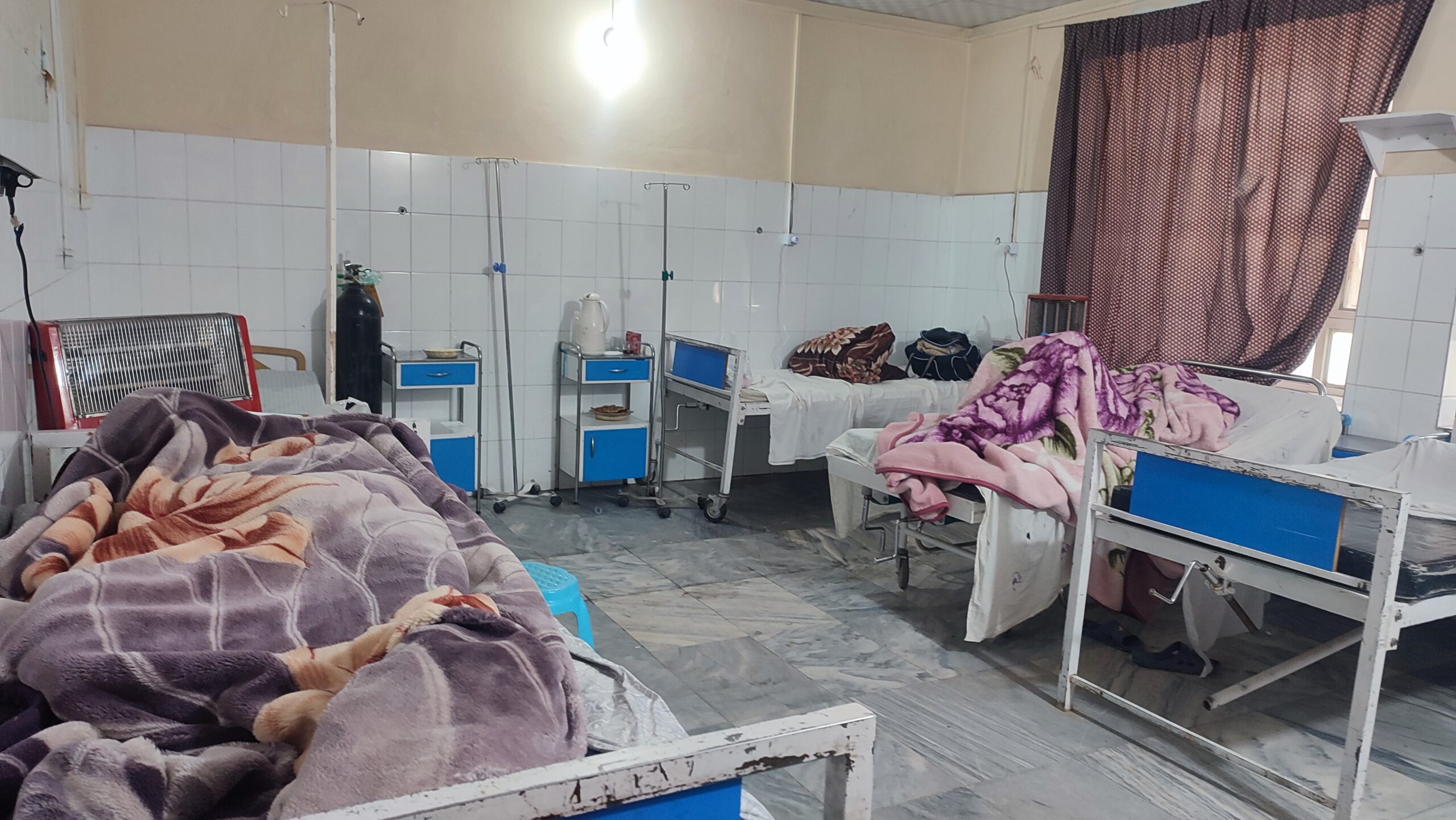Warning: This newsletter contains references to suicide throughout.
Two years have passed since the Taliban took over Afghanistan. After these 730 days, women are now effectively imprisoned in their home.
They have no rights to education, work, movement, or freedom of association. Public parks, restaurants, gyms, beauty salons, public bathhouses, and all social and public venues are closed for women. The system that was set up to support and protect women survivors of domestic violence has been taken apart. The regime’s systematic violations of women’s rights may amount to “crimes against humanity,” according to the United Nations.
Simply put, it has now been two years of women in Afghanistan waking up to their worst nightmares, with little hope or purpose to live. So it is little surprise that news of young women taking their own lives out of desperation has become a regular pattern.
We started noticing these news reports early on. These stories were short and typically had little information and context about the suicide. So, we became interested in digging deeper, and wanted to get a sense of how widespread the problem was.
We knew this wouldn’t be easy to work on. Not only because the Taliban targeted women’s rights and press freedom, but also because suicide is a taboo topic in Afghanistan. It is considered un-Islamic to kill yourself. This made it hard to get people talking about a relative who had died by suicide.
It turned out we were right — at times, investigating such a sensitive topic under Taliban rule seemed totally unfeasible. It took over eight months to complete our work. We faced enormous challenges in finding trustworthy sources who were willing to share such personal stories, ensuring the safety of the people we spoke to and worked with, and then fact-checking the information we obtained.
Data of any kind is hard to find in Afghanistan. This was the case even before the Taliban took over. But before their takeover, journalists were allowed to request data of this kind from the Ministry of Health and they would share it if it was available. This was no longer an option under the Taliban.
So we took a more grassroots approach. We reached out to doctors and health workers in mental health clinics in 11 provincial capitals, starting in areas where we already had established relationships with sources through our journalism.
Some of our sources said the Taliban had ordered them not to share any critical information with media outlets, such as the number of suicide cases, as it would cast their administration in a negative light. We offered them anonymity, but despite that it was hard for the sources to trust us under such high-stakes circumstances. Yet some of them, often those who knew us as journalists before the Taliban took over, took this risk and shared the information they had.
We also interviewed sources we didn’t know before, and in these cases it took us quite some time to build trust. We had to break down suspicions on two fronts: we needed to get them to trust us as journalists who would protect their identities; while we needed to learn to trust that these sources themselves were not Taliban members or informants who could expose us to the authorities.
One of the ways we tried to mitigate the risk of the latter was by asking our sources for comments on stories that were related to our topic of investigation, to get a sense of their perspective on such issues. We also consistently used pseudonyms for both our journalists and our sources.
Once they trusted us and shared the information, we needed to fact-check the data with another source independently. This was harder to do and it took a while to be able to verify the information with a second source. However, we managed to do this by spending more time in finding and building trust with the new sources.
Our investigation, in partnership with The Fuller Project and The Guardian, was published on Monday. It is our hope that the painstaking work done by our team to document women’s lives under the Taliban will make at least some difference – helping build a better, more-informed society that takes action in support of women’s rights in Afghanistan.
If you’d like to learn more about Zan Times or support their reporting, please click here.


 Zahra Nader
Zahra Nader
